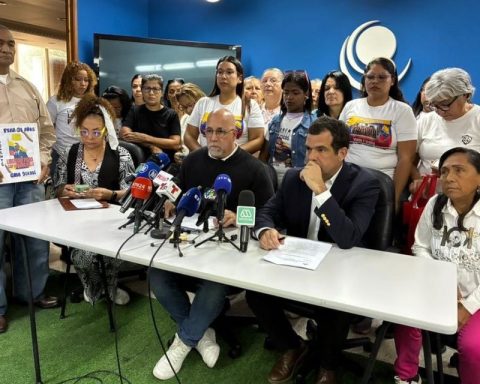L
to digitization it is one of the most profound changes shaping the 21st century. Digital technologies are transforming societies, enabling great strides to improve the lives of women and girls; however, it also gives rise to new challenges that can perpetuate and deepen gender inequalities.
The digital gender gap, that is, the disparity between women and men in relation to digital adoption and the opportunities to access, use and benefit from the digital world, has become one of the most urgent problems that we must address as a society.
As technology advances by leaps and bounds, it is becoming increasingly apparent that women are being left behind. The digital divide is not just a question of access to technology, but also of skills and opportunities.
Globally, men are 25 percent more likely to have the knowledge and skills to use technology than women. And in Latin America, 40 percent of women are not connected or cannot afford to have Internet, we are talking about more than 89 million women.
The covid-19 pandemic has highlighted the importance of technology in our daily lives. However, many women lack the access and digital skills necessary to reap the benefits of digitalization. As a result, they risk being left behind and missing out on opportunities for education, work, and career development.
In Mexico, 59 percent of women do not use a computer either inside or outside the home, laptop or tablet, increasing up to 77 percent in rural areas this lack of access to devices; and 63 percent of the women who do not use the Internet report that the main reason is because they do not know how to use it, that is, women find themselves in a situation similar to what 30 years ago would have meant for them not knowing how to read and write. We recognize the efforts of the Mexican government through the priority program, Internet for All, but this type of initiative could be even more effective if actions that specifically address the barriers faced by women and girls are integrated.
Lack of infrastructure, resources and gender discrimination are just some of the barriers that prevent women from fully participating in the digital economy. For this reason, the digital gender gap is a problem that we cannot afford to ignore.
Technology is transforming the world and women have the right to be part of that transformation. If we want to build a fair and equitable digital world, we must promote gender equality in education, technology and innovation. For example, by 2030, in Latin America, the creation of 22.5 million jobs is expected in industries that seek to reduce their carbon emissions (agriculture, sustainable food production, clean energy). However, only 20 percent of these new jobs are in economic sectors dominated by women.
In addition, efforts to close the gender gap must reconcile deficits in access, use, and development of technology. For example, in 2021, UN Women and the Economic Commission for Latin America and the Caribbean proposed developing a digital basic basket
as one of the strategies to close the digital gender gap, which would include: a mobile phone, tablet and facilities to buy data, which would be delivered to women without access to technology and networks. Likewise, promoting the development of technology with a gender and human rights approach can trigger innovation in access to services that we have not known up to now.
This means generating awareness in society to prioritize the inclusion and digital education of women and girls in their diversity, incorporating their perspective into digitalization policies, programs and strategies; promoting the production, analysis and use of data and statistics for gender equality in technological change; increasing public and private financing; establishing regulatory frameworks with a gender perspective, and guaranteeing transparency and accountability in the development and use of technology, as well as recognizing, preventing and eliminating forms of violence against women in the digital space.
The full participation of women and girls in the digital world is essential for sustainable development and global prosperity. We must work from all sectors to generate profound change in which women and girls can reap the benefits of digital transformation.
* UN Women Representative in Mexico

















